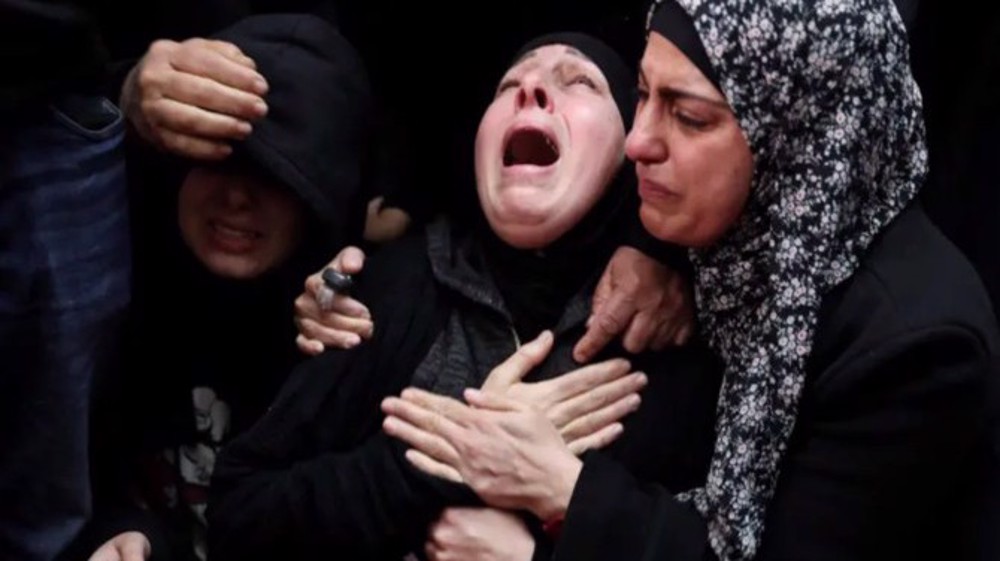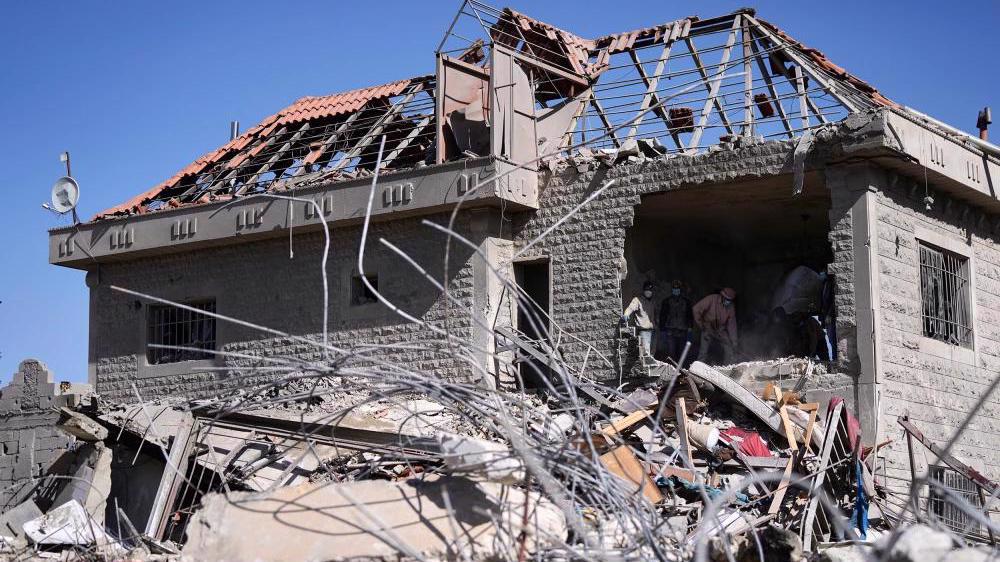Israeli killer soldier to be moved from jail to house arrest
An Israeli soldier, who is serving a lenient jail term for fatally shooting a disarmed and severely-wounded Palestinian, is to be released from prison and placed under house arrest ahead of a ruling on his appeal later this month.
Back in March 2016, Israeli Sergeant Elor Azaria shot dead Abel Fattah al-Sharif, a 21-year-old Palestinian who was lying immobile on the ground, following an alleged stabbing attack in the West Bank city of al-Khalil (Hebron).
Earlier this year, Azaria was found guilty of manslaughter, given 18 months in prison, 12 months’ probation, and was demoted from sergeant to private.
Azaria’s lawyer had requested a half house arrest, under which his client would be allowed to leave home during the day.
On Monday, however, a military court ruled that the Israeli soldier will be placed under full house arrest that will only permit his attendance at the prayers on the Sabbath.
The ruling would take effect on July 20, when Azaria’s mandatory three-year military service ends.
The al-Khalil killing, which was captured on a three-minute video, prompted widespread international condemnations.
The footage shows Azaria cocking his rifle and fatally shooting Sharif in the head from just several meters away while the victim was still alive.

The Israeli murderer has been in custody since February, but his sentence is being considered by a military court of appeals, with the decision expected on July 30.
Israeli officials, including Prime Minister Benjamin Netanyahu. have called for Azaria to be pardoned.
On the contrary, Palestinians and human rights activists have denounced the punishment as not severe enough for the killing.
Sharif’s family had demanded a life sentence for the Israeli soldier, with Yusri al-Sharif, the father of the Palestinian victim, saying, “The sentence he received is less than a Palestinian child gets for throwing stones.”
The United Nations human rights office said Azaria’s 18-month sentence was an “unacceptable” punishment for “an apparent extra-judicial killing,” while Amnesty International said it did “not reflect the gravity of the offence.”
Pezeshkian says ‘encouraging' signal received in US talks but Iran ready for any scenario
North Korea’s Kim re-elected Workers’ Party general secretary
Iran, Oman consult on arrangements for next round of nuclear talks
VIDEO | Protests held in Washington as AIPAC holds annual meeting for 1st time since 2020
VIDEO | Press TV's news headlines
Iran sees 40% surge in scientific Olympiad participation
Putin: Developing Russia's nuclear forces 'absolute priority'
Hamas condemns Netanyahu’s proposal for new regional alliance













 This makes it easy to access the Press TV website
This makes it easy to access the Press TV website